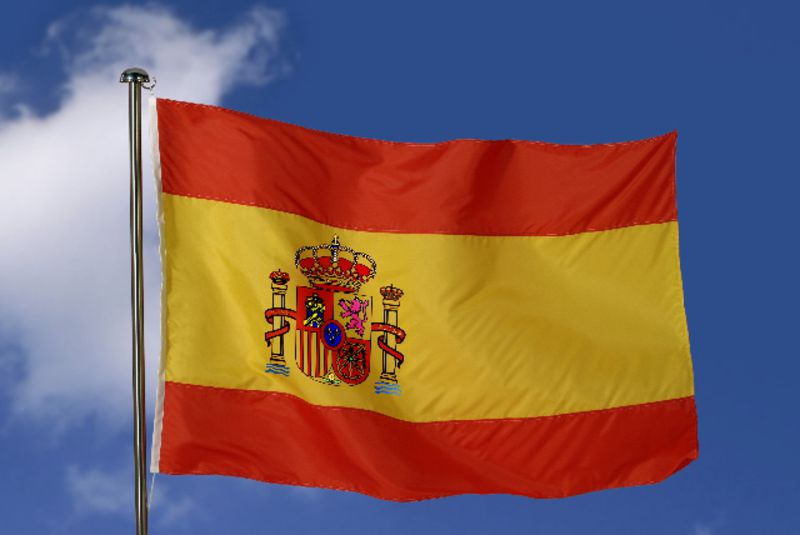What's next in the eurozone - integration or disintegration?
Adelina Marini, May 11, 2010
 Against the background of the euphoria from Sunday's Ecofin's decision to create a special mechanism for the rescue of the euro - an euphoria shared by financial markets too, blamed for not quite fair methods toward the single currency - now it's turn for more sober assessments. "Europe faces a critical choice between greater integration and disintegration". With this sentence starts the analysis of Simon Tilford - the economic expert of the Centre for European Reform and a chief economist of the organisation.
Against the background of the euphoria from Sunday's Ecofin's decision to create a special mechanism for the rescue of the euro - an euphoria shared by financial markets too, blamed for not quite fair methods toward the single currency - now it's turn for more sober assessments. "Europe faces a critical choice between greater integration and disintegration". With this sentence starts the analysis of Simon Tilford - the economic expert of the Centre for European Reform and a chief economist of the organisation.
He writes that the gap between rhetoric and reality is lethal when it comes to the euro. Unless the reality is brought into line with the rhetoric, the eurozone will unravel. The subtext of the agreed package of 60 bn euro for countries with budgetary crisis and the creation of a 440 bn euro Fund for urgent loans, as well as the participation of the IMF, is in fact that the markets are overacting and that investors are essentially conjuring up a crisis so they can profit from it. The assumption is, continues Simon Tilford, that the adjustment needed in Greece, Portugal and other member-states is possible if only the markets will let them make it. Therefore, the conclusion of the expert is that the EU is still working on a false premise.
The reality is that the agreed measures and most of all the reason behind them (market speculations) actually do not solve the key problem - the terrible economic growth prospects of the southern eurozone economies and Ireland. Unless these economies can avoid deflation and get their economies growing, they have no future in the Economic and Monetary Union, is the conclusion of Mr Tilford.
He gets back to his thesis, which he defends for years, which is - the eurozone fulfills few, if any, of the criteria for a successful currency union. There are varying degrees of trade integration, but the participating economies can hardly be described as fully integrated. Nor are they flexible – labour markets in many economies remain highly regulated and many sectors are sheltered from competition. Labour mobility between the participating economies is virtually non-existent. There is nothing to prevent huge trade imbalances between the members .
These problems could have been overcome if there was a large dose of political integration added to the economic one, combined with some form of a fiscal union (budgetary policy). Moreover, as the last three months have graphically exposed, there are no eurozone crisis management mechanisms in place. All current efforts are in fact a kind of a patchwork and solving of pressing problems with short-term effect.
Markets are not to blame for the current situation, goes on the analysis of Simon Tilford. The eurozone is on an unsustainable path. There needs to be an acknowledgment that if the euro is to work it will require greater integration. The problem is that when countries signed-up to the single currency, they were not made aware that it would require such integration. Political elites need to start explaining why it does.
 | © European Commission- Audiovisual Service
| © European Commission- Audiovisual Service | © Eropean Commisson-Audiovisual Service
| © Eropean Commisson-Audiovisual Service Klaus Regling | © Council of the EU
Klaus Regling | © Council of the EU Mario Centeno | © Council of the EU
Mario Centeno | © Council of the EU Mario Centeno | © Council of the EU
Mario Centeno | © Council of the EU Angela Merkel, Emmanuel Macron | © Council of the EU
Angela Merkel, Emmanuel Macron | © Council of the EU Benoit Coeure | © Council of the EU
Benoit Coeure | © Council of the EU Pierre Moscovici | © Council of the EU
Pierre Moscovici | © Council of the EU | © euinside
| © euinside